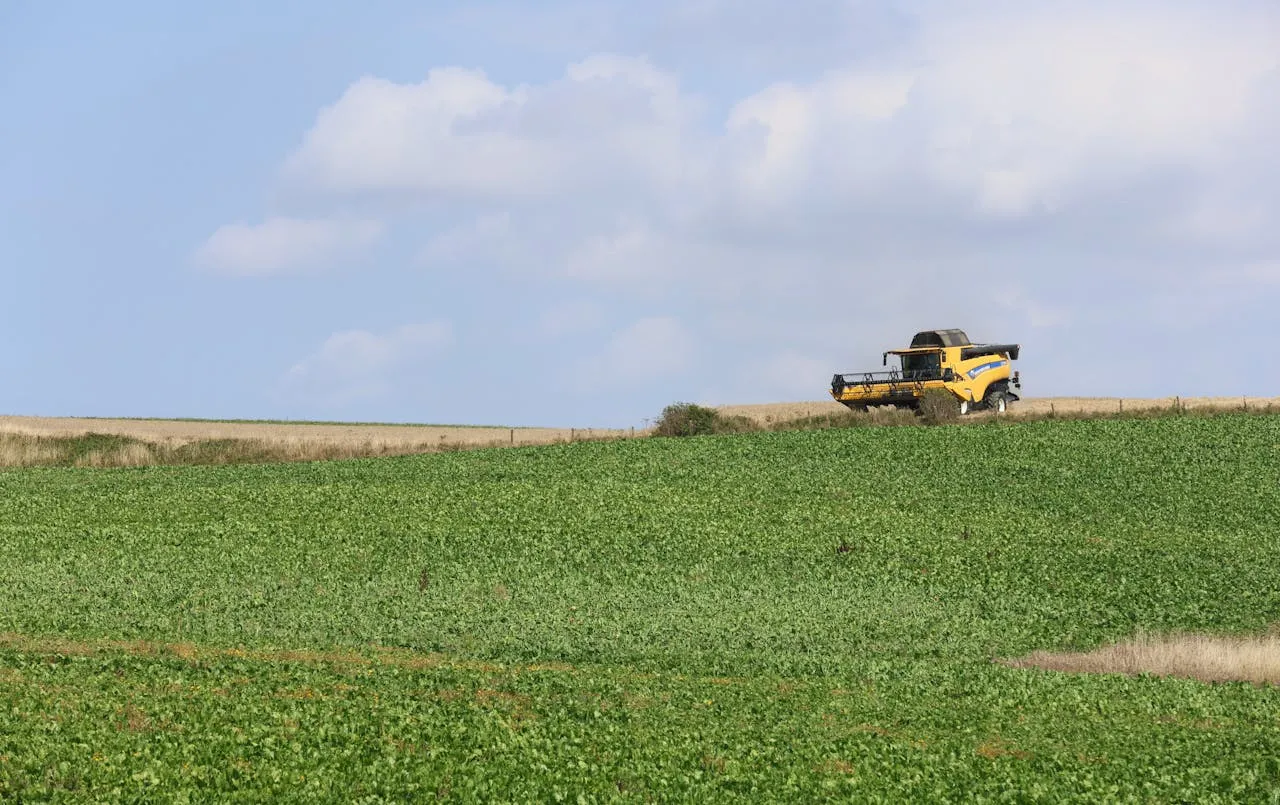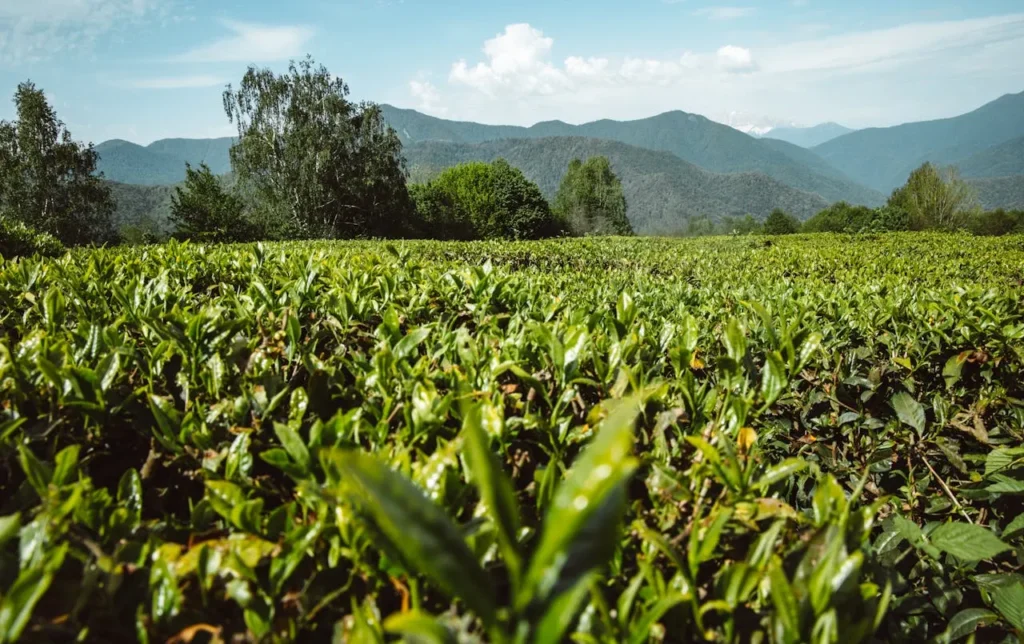
Regenerative Agronomy Advancing Eco Agriculture Unveils FieldLark AI, the First Chatbot of Its Kind
In a groundbreaking move that merges regenerative agriculture with advanced artificial intelligence, Advancing Eco Agriculture (AEA) has officially launched FieldLark AI, the first-ever chatbot designed specifically for regenerative agronomy. This innovative tool is poised to reshape how farmers and growers access practical, biologically grounded agronomic knowledge—anytime, anywhere.
Unlike conventional agricultural technologies that often focus on chemical inputs or broad farm management practices, FieldLark AI is regenerative-first—built entirely around the core principles of working with nature rather than against it. At its heart, FieldLark is more than just a digital assistant. It is a highly intelligent, conversationally capable AI interface trained on 19 years of AEA’s field-tested data, scientific frameworks, and real-world experiences supporting biological and ecological farming systems.
A New Era for Regenerative Growers
FieldLark is free to use and available via web browsers on mobile phones and desktop computers, allowing unprecedented access to regenerative agriculture knowledge. It is designed with both seasoned regenerative farmers and those new to biological practices in mind. Whether a grower is navigating their first season of soil regeneration or managing a multi-year program focused on soil health, FieldLark offers timely, actionable guidance grounded in biological science.
“FieldLark AI is a technology I’m deeply passionate about,” said John Kempf, founder and Chief Vision Officer of AEA. “It represents a major step toward our long-standing vision—that by 2040, 80% of global agriculture will be regenerative. The biggest obstacle to reaching this goal is not a lack of interest or capability. It’s agronomic bandwidth—getting the right information into the hands of the right people at the exact moment they need it.”
According to Kempf, FieldLark helps solve this bottleneck by offering instant, reliable responses to a wide range of agronomic questions. From determining the ideal timing for foliar applications to deciphering complex biological terminology, the chatbot serves as a 24/7 digital companion for regenerative growers.
Grounded in Biology and Real-World Practice
FieldLark AI stands out in the increasingly crowded agtech landscape because it is trained exclusively on regenerative agriculture principles and AEA’s internal knowledge base—gleaned from decades of work with more than 10,000 farmers managing over four million acres of farmland.
Where other agricultural AI tools may rely on generic databases or favor conventional chemical-intensive models, FieldLark is biologically intelligent. It is fluent in topics such as:
- Soil microbial activity and balance
- Plant immunity and nutrient cycles
- Ecological crop planning and pest suppression
- The role of mineral nutrition in crop resilience
- Natural alternatives to synthetic fertilizers and pesticides
FieldLark is not just a recommendation engine—it acts more like a digital agronomist trained in regenerative science. Farmers can ask about specific crop stages, seasonal adjustments, biological terminology, best practices for compost tea applications, product use per crop variety, and regenerative methods for reducing input costs. FieldLark returns answers that are both scientifically sound and practically achievable on the farm.
Scaling Regenerative Knowledge Globally
Advancing Eco Agriculture has long been recognized as a leader in regenerative farming innovation. Since its founding in 2006, AEA has worked hand-in-hand with growers across the U.S. and abroad, helping them adopt systems that restore ecosystem function while enhancing profitability. Their mission has always been to build healthier soils, more resilient plants, and ultimately a stronger food system.
According to Eric Girdler, CEO of AEA, FieldLark is a natural extension of that mission: “For nearly two decades, AEA has been helping growers overcome the agronomic challenges of moving away from synthetic, extractive systems toward regenerative models. FieldLark AI is the next logical step—bringing all of that institutional wisdom to scale in a way that’s accessible and useful to every grower, from broadacre grain farmers to specialty fruit producers.”

He continued, “Whether you’re growing row crops, vegetables, orchards, or vineyards, FieldLark can deliver insights tailored to your unique situation. The tool is designed to help growers make better decisions faster—so they can spend more time in the field and less time struggling to source reliable agronomic information.”
Bridging the Knowledge Gap in Regenerative Transition
One of the most common barriers to transitioning to regenerative agriculture is lack of access to practical, on-the-ground knowledge. While books and workshops can provide theoretical frameworks, farmers often need instant support during planting, irrigation, or nutrient management decisions. FieldLark bridges that knowledge gap by delivering real-time answers to real-world questions—all based on AEA’s proven regenerative methods.
“Farmers don’t always have time to wait for an agronomist visit or scroll through online forums,” Kempf noted. “FieldLark puts decades of know-how into their pocket. It’s like having a biological systems agronomist on speed dial, 24 hours a day.”
Kempf emphasized that this is just the beginning. As more farmers interact with FieldLark, its database will continue to grow and improve—strengthening its ability to support a wide range of crops, climates, and growing contexts.
A Future Shaped by Regenerative AI
FieldLark AI is not only a reflection of AEA’s past success—it also signals a new frontier in regenerative agriculture. By embedding its institutional knowledge into a living, learning AI platform, AEA is empowering the next generation of growers to make smarter, faster, and more ecologically sound decisions.
In doing so, they are also pushing back against the notion that technology and nature must exist at odds. With FieldLark, technology becomes a bridge to more natural systems—not a barrier.
“FieldLark embodies everything we stand for at AEA,” Girdler said. “It’s scientific, it’s practical, and it’s scalable. Most importantly, it helps farmers return to a system where nature is an ally, not an adversary.”
As regenerative agriculture continues to gain global momentum, FieldLark AI offers a model for how digital tools can support, not replace, the wisdom of ecological farming. With this launch, AEA reaffirms its role at the forefront of the regenerative movement—bringing deep biological insights into the palms of growers everywhere.




